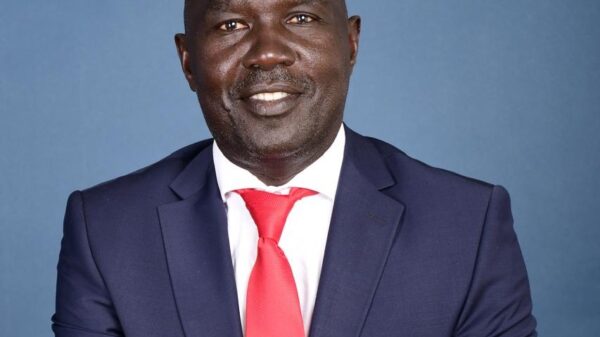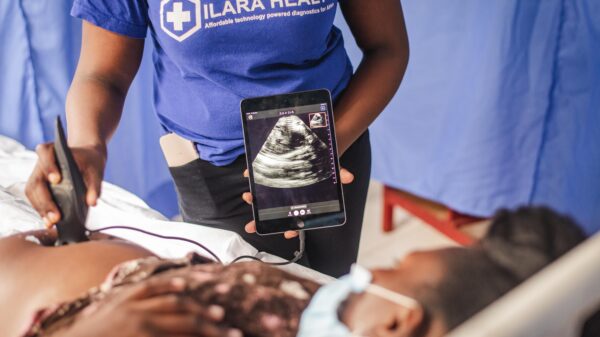MANILA, Feb. 6 (Xinhua) — Filipino workers lack soft skills, making it hard for them to adapt to the digital age, such as artificial intelligence and fast-emerging technologies, according to a government study released on Tuesday.
Toward Measuring Soft Skills for Youth Development: A Scoping Study, a study conducted by the Philippine Institute for Development Studies, reveals that the Filipinos’ weakness in soft skills, or “transversal competencies,” stems from training and skills development primarily geared towards the pre-digital era.
Transversal competencies are skills that are transferable between jobs, such as communication, adaptability, teamwork, and problem-solving.
The study says the consequences are significant, impacting individual career prospects and hindering the Philippines’ economic competitiveness and innovation potential.
“As we move deeper into the 21st century, the need for a workforce proficient in transversal competencies becomes increasingly critical. Addressing this gap requires a concerted effort from educational institutions, policymakers, and industry leaders to redefine skills development frameworks and prioritize the cultivation of these essential competencies,” the study says.
Through scoping review and key informant interviews, the study stresses the need to improve in three areas of transversal competencies, namely critical thinking and cognitive skills, interpersonal skills, and intrapersonal skills.
According to the study, Filipino workers need strong critical thinking and problem-solving skills, effective communication, collaboration, and teamwork to adapt to evolving tasks. “Soft skills like adaptability, self-motivation, and resilience further equip individuals to handle challenges and excel in a changing work environment.”
The study highlights the need to equip educators with tools and resources to teach transversal competencies effectively within existing frameworks. Collaborating with industry leaders is essential to ensure educational programs align with real-world job demands, adds the study.
It also says a comprehensive strategy is needed to consider the purpose, domains, and types of assessments for transversal competencies, adding that the strategy should support ongoing human capital development and identify current workforce competency gaps.
“Ultimately, such a strategy will be crucial in cultivating a future-proof and competent Filipino workforce.”






















































